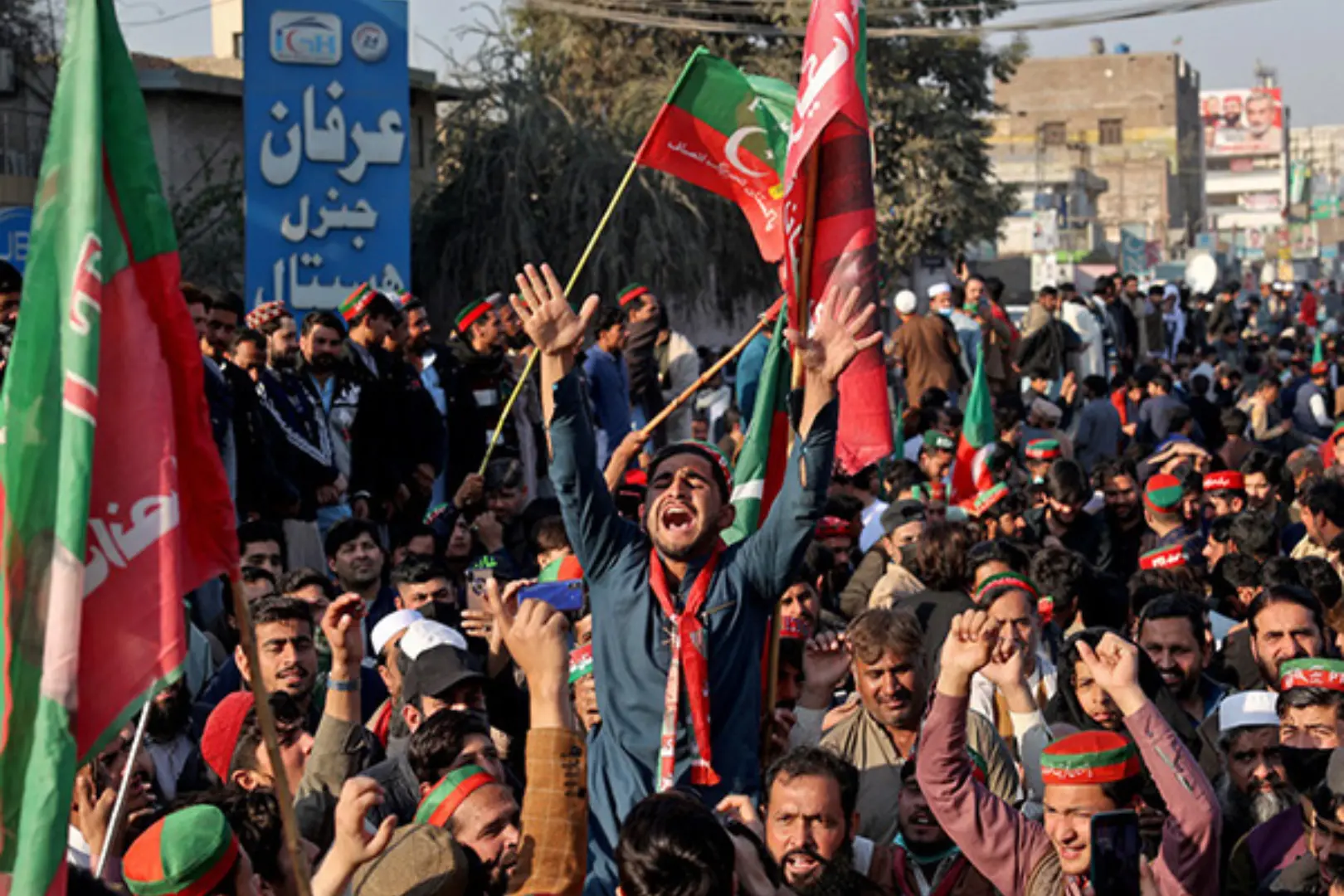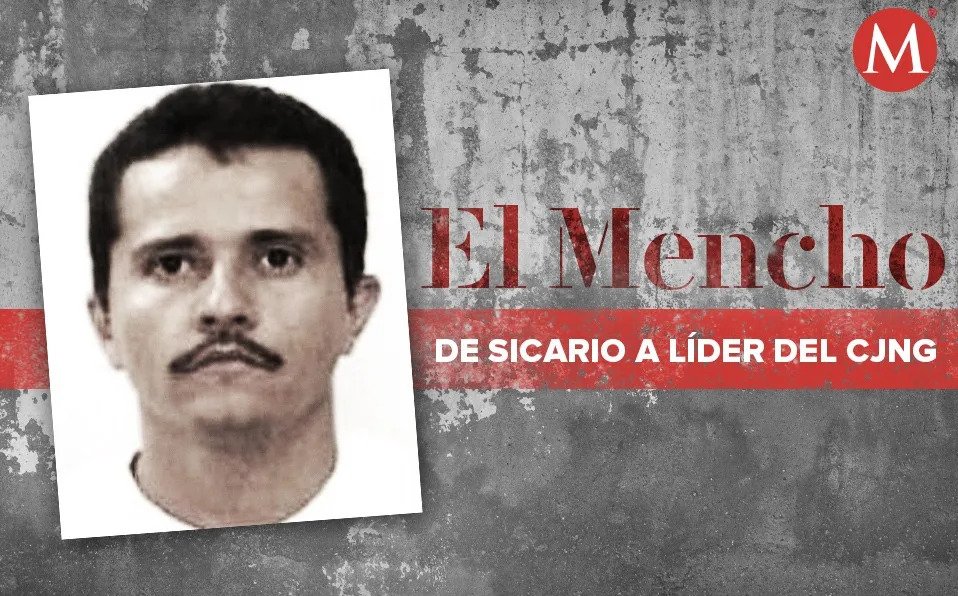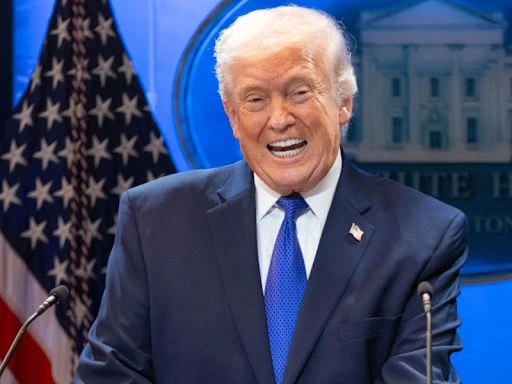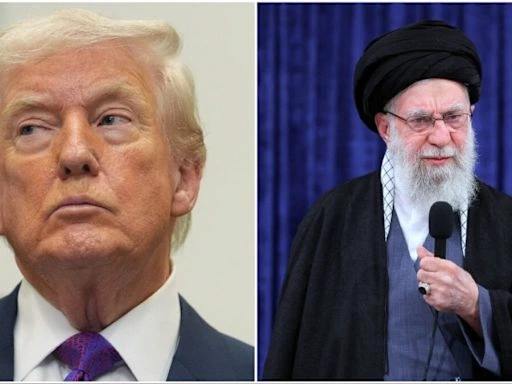30-Nov-2024, 01:29 PM
The Pakistan Peoples Party (PPP) has publicly distanced itself from a controversial proposal to ban the Pakistan Tehreek-e-Insaf (PTI), led by former Prime Minister Imran Khan. This development comes in the wake of a resolution introduced in the Punjab Assembly, which has sparked widespread debate and criticism across the political landscape of Pakistan.
PPP Secretary General Nayyar Hussain Bokhari clarified that the party had not discussed the proposal at any official level, stating that comments made by some party members opposing the ban should be viewed as personal opinions rather than party policy. This statement was a response to remarks made by prominent PPP figures, including Farhatullah Babar, who criticized the idea of banning a political party as undemocratic and potentially destabilizing for the country. Babar emphasized that such measures would exacerbate Pakistan’s already polarized political environment, highlighting issues like rampant inflation and social division as more pressing concerns than political bans.
The proposal to ban PTI has been met with significant backlash not only from the PPP but also from various other political entities. Leaders from parties such as the Awami National Party and Jamiat Ulema-i-Islam have expressed their opposition to the government’s stance, asserting that banning a political party undermines democratic principles and could lead to further chaos in an already tumultuous political climate.
Information Minister Attaullah Tarar had initially announced the government’s intention to pursue a ban on PTI, citing allegations against the party related to national security and governance issues. He claimed that PTI’s actions were detrimental to Pakistan’s sovereignty and integrity. However, this move has been interpreted by many as an attempt by the ruling coalition, particularly the Pakistan Muslim League-Nawaz (PML-N), to suppress opposition following PTI’s recent successes in securing parliamentary seats through court rulings.
In light of these developments, opposition leaders have rallied against what they perceive as intimidation tactics employed by the government. Omar Ayub Khan, a senior PTI leader, condemned the proposed ban as a desperate measure indicative of panic within the ruling coalition. He asserted that such actions would not deter PTI’s resolve to challenge governmental authority and uphold democratic values.
As discussions continue regarding this contentious issue, it remains clear that the proposal to ban PTI has intensified political divisions in Pakistan, prompting calls for unity among various parties against what many view as an infringement on democratic rights. The PPP’s disavowal of any support for banning PTI reflects its attempt to navigate these turbulent waters while maintaining its position within the ruling coalition.





